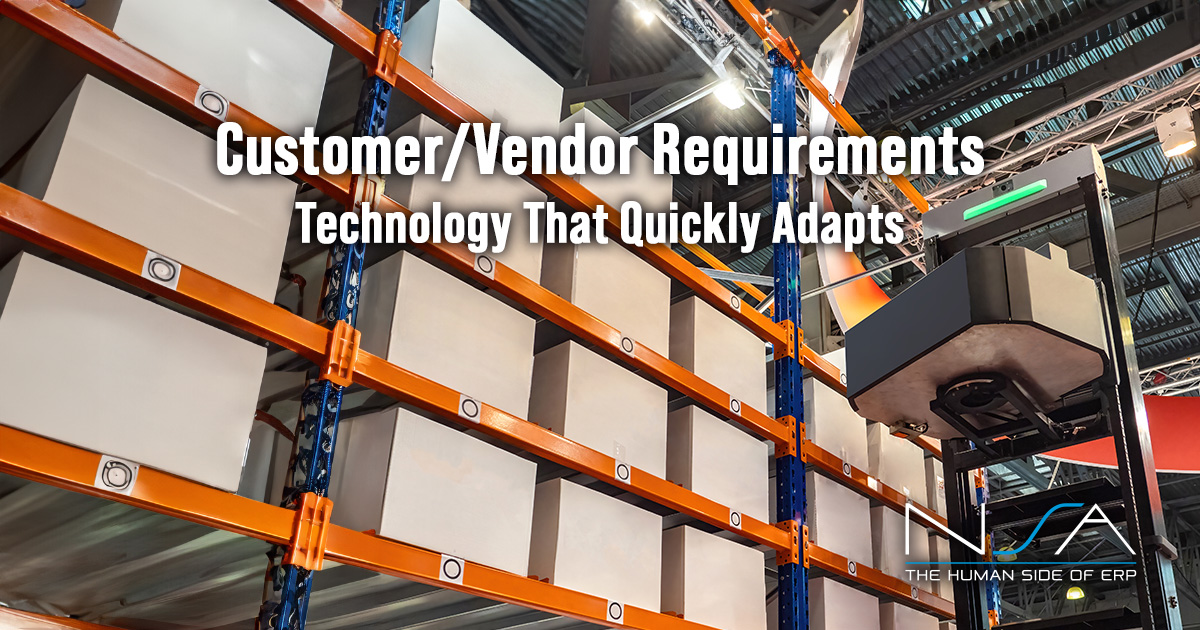Whether your business has outgrown its existing server(s), or your current server and setup are outdated – you have a decision to make. Either you could replace your existing server(s) with new ones or you could move your operations to the cloud. There are distinct advantages and disadvantages to each, but which is right for you and other small and medium-size businesses (SMBs)?
Here are three things to consider before making a decision.
1. The Cloud Can, But Won’t Always, Save You Money
More often than not, the benefits of making the transition to the Cloud are sung loud and praise given to the Cloud as a potential business solution seems never-ending. The two key benefits to the cloud are that it can improve efficiency/productivity, and save money – and supposedly a lot of it.
The fact is cloud services bring with it a monthly fee that typically (but not always) covers everything a small- to medium-sized business would need. Utilizing the cloud can help startups get off the ground more quickly and allow access to resources they otherwise wouldn’t have had access to.
With that said, existing companies that are already set up with physical servers and other technology onsite can have a difficult time realizing those same savings. Much of that has to do with rushing in head first because you, as a business owner, heard from a friend who has a friend who owns a business that said making the transition to the Cloud has been the bees knees.
By deciding to toss aside your existing servers and IT infrastructure without a comprehensive plan in place, your business is also throwing away its investment in that physical equipment in-house. Doing so will cost substantially more than small- to medium-sized businesses that are starting completely from scratch or didn’t invest much for in-house solutions to begin with. SMBs are more than able to make the minor upgrades, tweaks, and adjustments to existing servers and IT infrastructure at a cost that isn’t much higher than transitioning to the Cloud.
Deciding whether there is enough of a cost savings, long- and short-term to make the transition requires careful planning, strategy, and consulting with certified Cloud service experts. Making the move to the Cloud can, and most likely will, save your company a lot of money over the long haul. Going with the first cloud service provider you find online without doing due diligence and weighing multiple options will not.
2. If the Internet Goes Down, So Too Does Your Cloud-Based Services
A cloud server requires a stable and dependable Internet connection for it to function. That’s just the nature of the cloud and its one requirement for doing what it is meant to do. What happens when your Internet connection goes down? That’s right, you lose access to your cloud server and any data stored there until your Internet connection is restored. Likewise, if your cloud service provider’s Internet or services go down you won’t be able to connect to your server or data.
With in-house solutions like your physical servers, you’ll still have all the access necessary to continue to do business regardless of the status of your Internet connection because it’s all right there on-site. Find out from any potential Cloud service provider you contact what their policies are and what redundancies they have in place to deal with any type of outage in the rare case it actually happens. They may very well recommend a hybrid model for your company.
3. Moving to the Cloud Means Less Control Over Your Data, But Additional Resources to Manage and Monitor It
Cloud service providers promise the strictest of security controls when housing your critical and sensitive data. This information consists of customer information, payment options and credit card data, and even the financial records and contact information for your company itself. Regardless of how ‘strict’ these security controls or policies are, there is always the risk of hackers and cyber criminals finding a way around those enhanced security measures.
By moving your company to the cloud you now no longer know whether your data and company information is truly secure. You don’t have physical access to a server room or server, you can’t just decide to shut things down if an intrusion occurs, and you wouldn’t even know that your data was at risk or full-blown compromised until after the fact with the cloud.
With that said, Cloud service providers are still better equipped to deal with network intrusions, would-be hackers, and the rest of the criminal type than one or two in-house IT employees are. In this digital age there is a potential hacker, network intrusion, and outright theft of data lurking around every digital corner. Cloud service providers have entire teams of dedicated IT professionals combatting against those types of people and actions 24/7. Is your company able to staff senior level IT staff in an attempt to accomplish the same?



